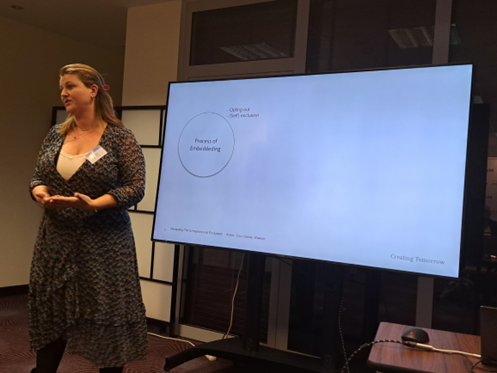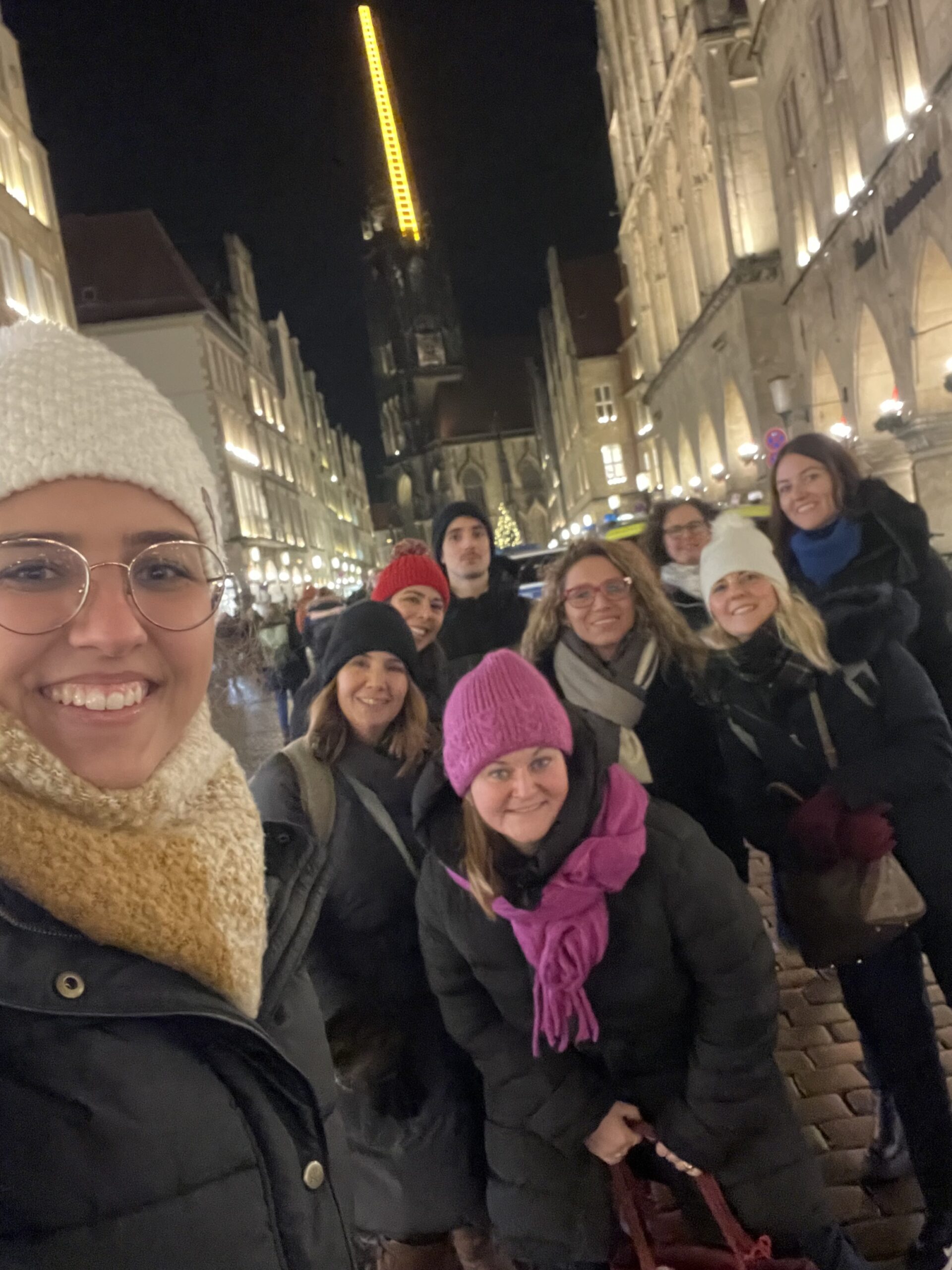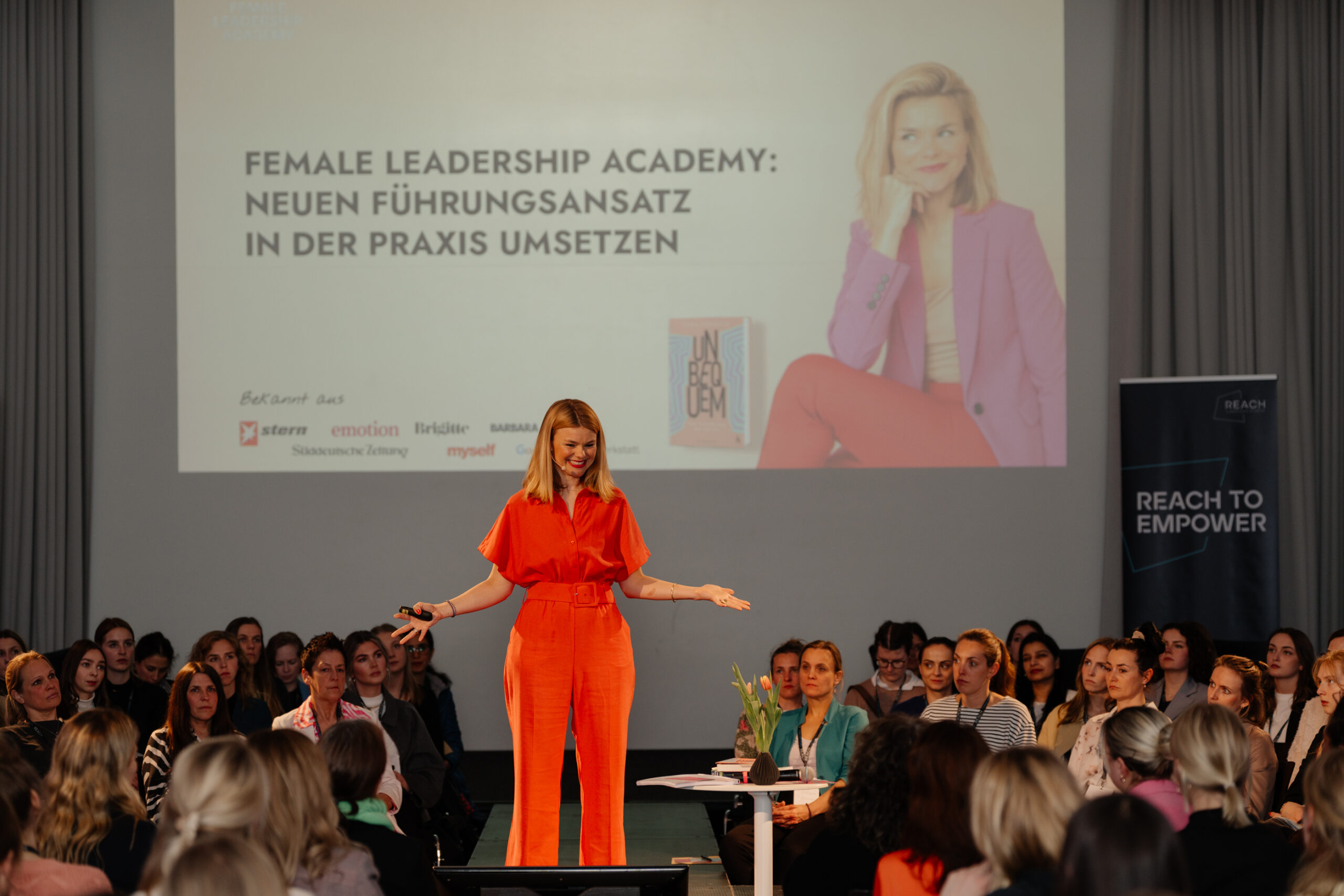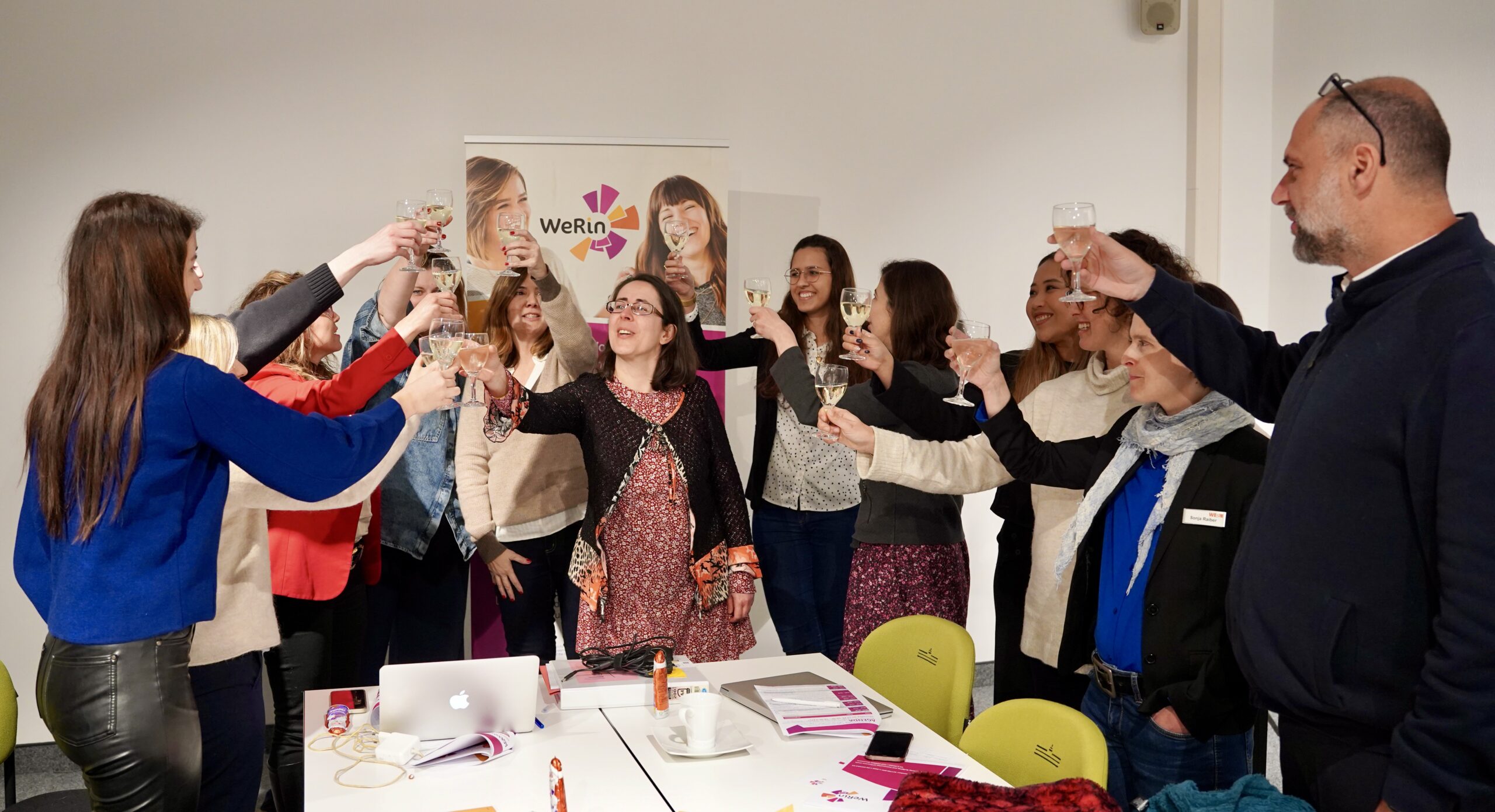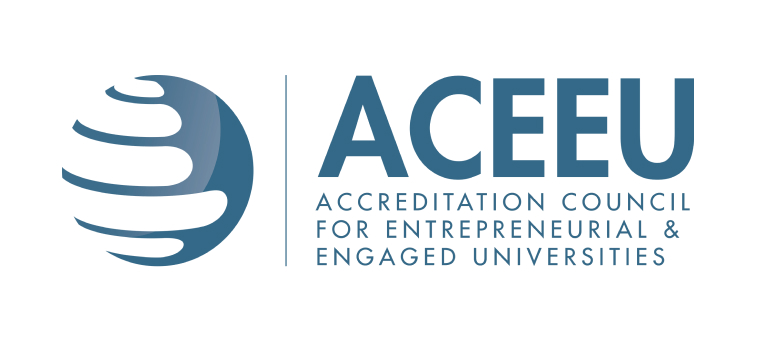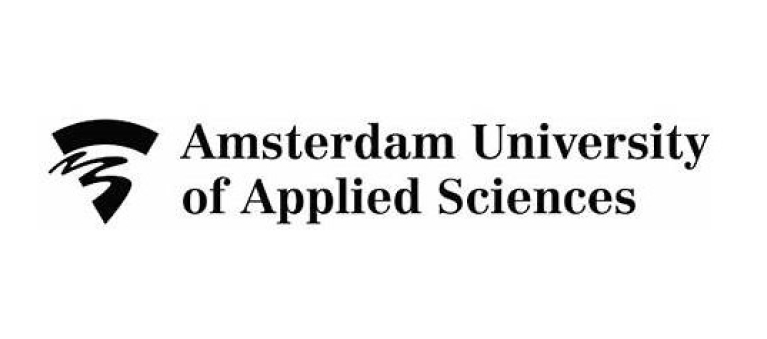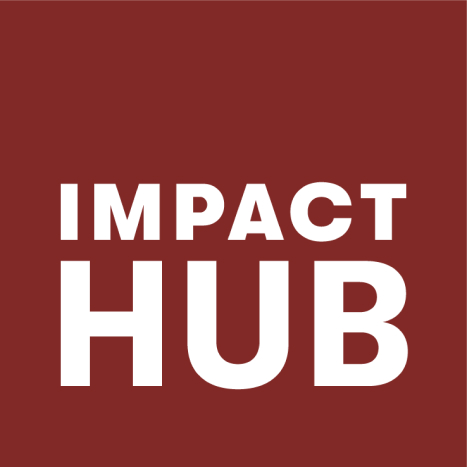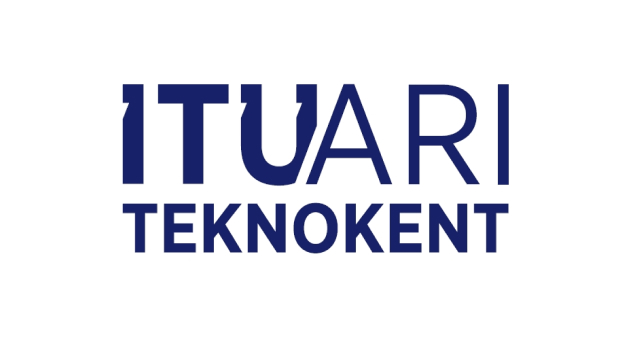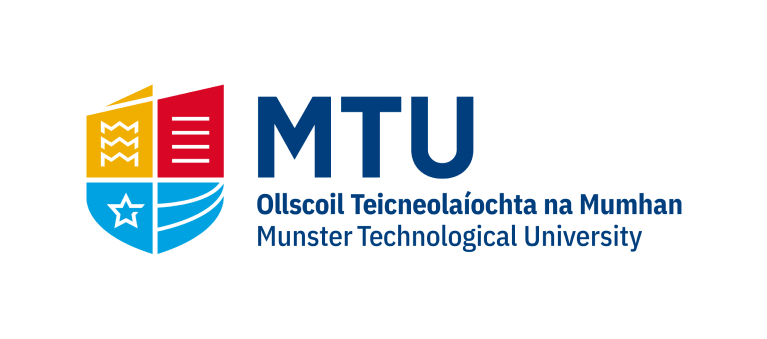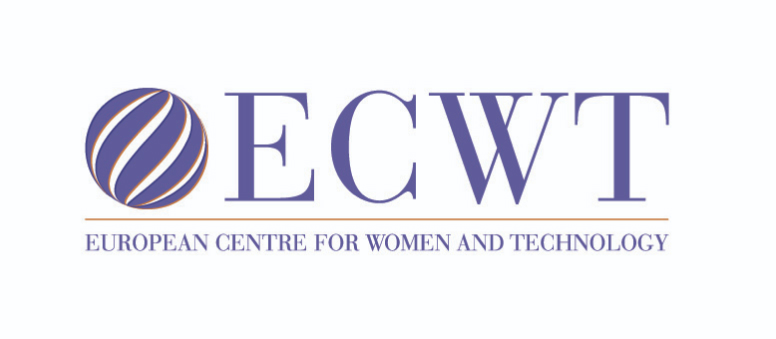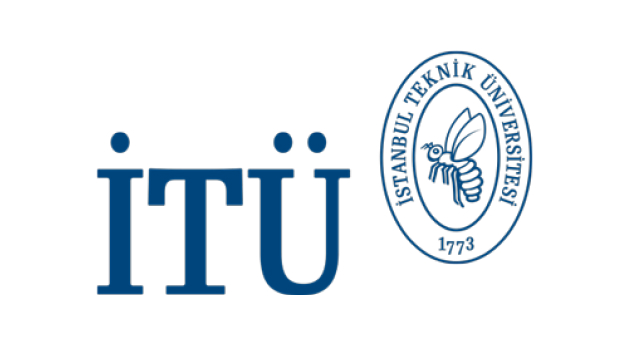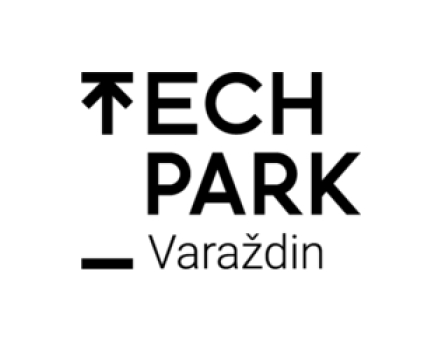By Saskia Stoker, Ana Cruz-Garcia, Ingrid Wakkee
 At the 2023 RENT conference titled “Taming Uncertainty” held in Gdansk, Poland, our WeRin partners, Saskia Stoker and Ana Cruz García presented a paper titled ‘Navigating the Entrepreneurial Ecosystem: Belonging and Embeddedness for Women Entrepreneurs’. This paper was presented in the gender track and draws on 33 semi-structured, in-depth interviews with women entrepreneurs in Ireland and The Netherlands (data obtained from the WeRin regional scan). The constructive input from experts in the field of gender and entrepreneurship, including Sally Jones, Helle Neergaard and Natalia Vershinina will improve the paper, which was well received.
At the 2023 RENT conference titled “Taming Uncertainty” held in Gdansk, Poland, our WeRin partners, Saskia Stoker and Ana Cruz García presented a paper titled ‘Navigating the Entrepreneurial Ecosystem: Belonging and Embeddedness for Women Entrepreneurs’. This paper was presented in the gender track and draws on 33 semi-structured, in-depth interviews with women entrepreneurs in Ireland and The Netherlands (data obtained from the WeRin regional scan). The constructive input from experts in the field of gender and entrepreneurship, including Sally Jones, Helle Neergaard and Natalia Vershinina will improve the paper, which was well received.
Being embedded in the entrepreneurial ecosystem is crucial for entrepreneurs as it determines access to resources and support. For women entrepreneurs, becoming embedded is relatively difficult due to gender disparities and potential exclusion (Roos, 2021; Welter, 2020; Yousafzai et al., 2021). Feminist studies of entrepreneurship have focussed on how women perform belonging as a strategy to cope with this lack of embeddedness (Stead, 2017). Despite extensive coverage of embeddedness in entrepreneurship, few studies have addressed how women entrepreneurs ’embeddedness connects to their sense of belonging and vice versa and how this relationship in turn affects their success in venture creation. By adopting a post-structural feminist lens, we explore the reciprocal relationship between women entrepreneurs’ experiences of belonging and embeddedness in their entrepreneurial ecosystem. By doing so, our objective is to contribute to the research on women’s entrepreneurship and shed light on the factors that contribute to the success and well-being of women entrepreneurs within their ecosystems.
 This exploratory study draws on 33 semi-structured in-depth interviews with opportunity-driven women entrepreneurs in Ireland and The Netherlands. Data is part of the WeRin project on gender inclusivity in regional entrepreneurial ecosystems. The sample included both experienced and early start-up entrepreneurs who were asked to reflect on gender matters during their entrepreneurial pathway.
This exploratory study draws on 33 semi-structured in-depth interviews with opportunity-driven women entrepreneurs in Ireland and The Netherlands. Data is part of the WeRin project on gender inclusivity in regional entrepreneurial ecosystems. The sample included both experienced and early start-up entrepreneurs who were asked to reflect on gender matters during their entrepreneurial pathway.
Our findings shed light on the embeddedness of women entrepreneurs within the larger entrepreneurial ecosystem. For many women entrepreneurs, their integration into this entrepreneurial ecosystem is limited. While they do manage to acquire essential resources and support despite encountering gender-related challenges, there are noticeable gaps in their cognitive embeddedness (shared goals and values) and relational embeddedness (trust) when it comes to mixed-gender collaborations. Consequently, many turn to women-only networks to fulfil both moral and practical support needs. Within these women-only groups, cognitive and relational embeddedness and belonging are generally high. However, these networks appear somewhat isolated from the broader ecosystem, despite providing access to valuable contacts and potential customers. Some participants therefore express concerns that these women-only networks may unintentionally create silos, and it remains uncertain if the resources obtained from them can truly compete with those available in the broader ecosystem. Conversely, many women entrepreneurs, even when embedded and connected to the ecosystem, still felt like outsiders and did not belong. They cope with this by employing strategies such as “identity switching” and “modelling the norm,” rather than actively seeking to “disrupt” the system.
 Our study addresses a significant literature gap by examining the gendered reciprocal relationship between women entrepreneurs’ embeddedness and their sense of belonging. Furthermore, our study recognizes that women entrepreneurs may still grapple with a sense of not fully belonging, even when they are embedded into the ecosystem, nor does an increased sense of belonging seem to enhance embeddedness. Interestingly, while frequent involvement in women-only networks might suggest collective action towards change, these networks often serve as individual workarounds to gain necessary, rather than platforms for systemic change within the ecosystem. Future studies might delve deeper into the motivation of entrepreneurs to engage in both individual and collective action to create a more inclusive entrepreneurial ecosystem. Overall, this research has implications for supporting and promoting women entrepreneurs. It underscores the need for more inclusive practices to equate embeddedness with belonging.
Our study addresses a significant literature gap by examining the gendered reciprocal relationship between women entrepreneurs’ embeddedness and their sense of belonging. Furthermore, our study recognizes that women entrepreneurs may still grapple with a sense of not fully belonging, even when they are embedded into the ecosystem, nor does an increased sense of belonging seem to enhance embeddedness. Interestingly, while frequent involvement in women-only networks might suggest collective action towards change, these networks often serve as individual workarounds to gain necessary, rather than platforms for systemic change within the ecosystem. Future studies might delve deeper into the motivation of entrepreneurs to engage in both individual and collective action to create a more inclusive entrepreneurial ecosystem. Overall, this research has implications for supporting and promoting women entrepreneurs. It underscores the need for more inclusive practices to equate embeddedness with belonging.

